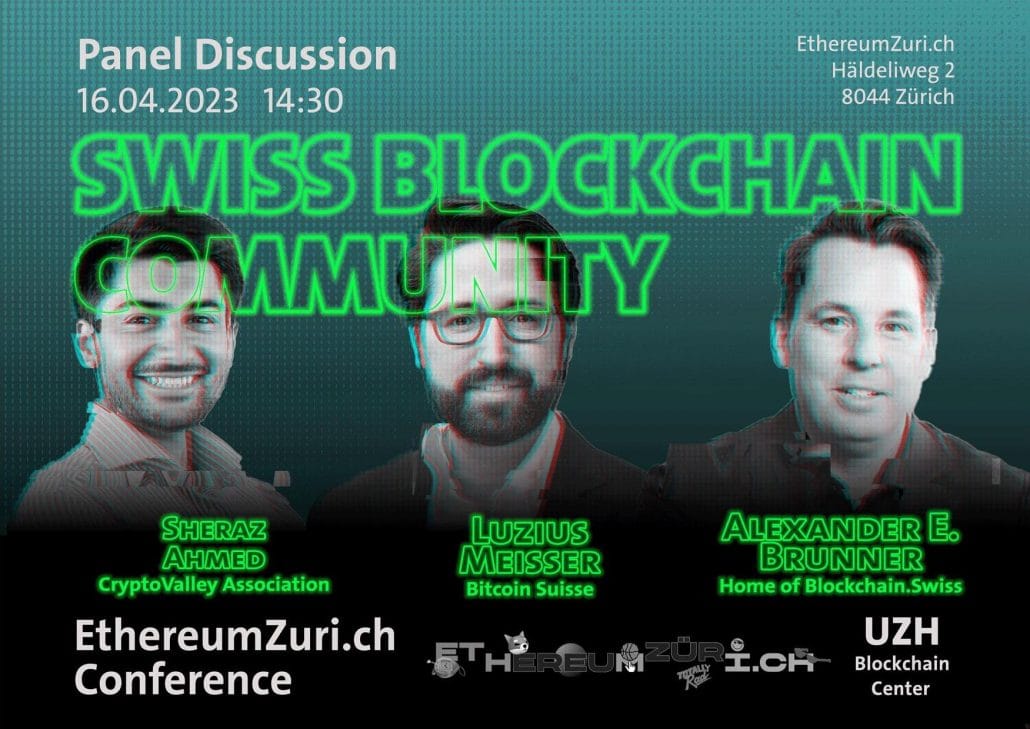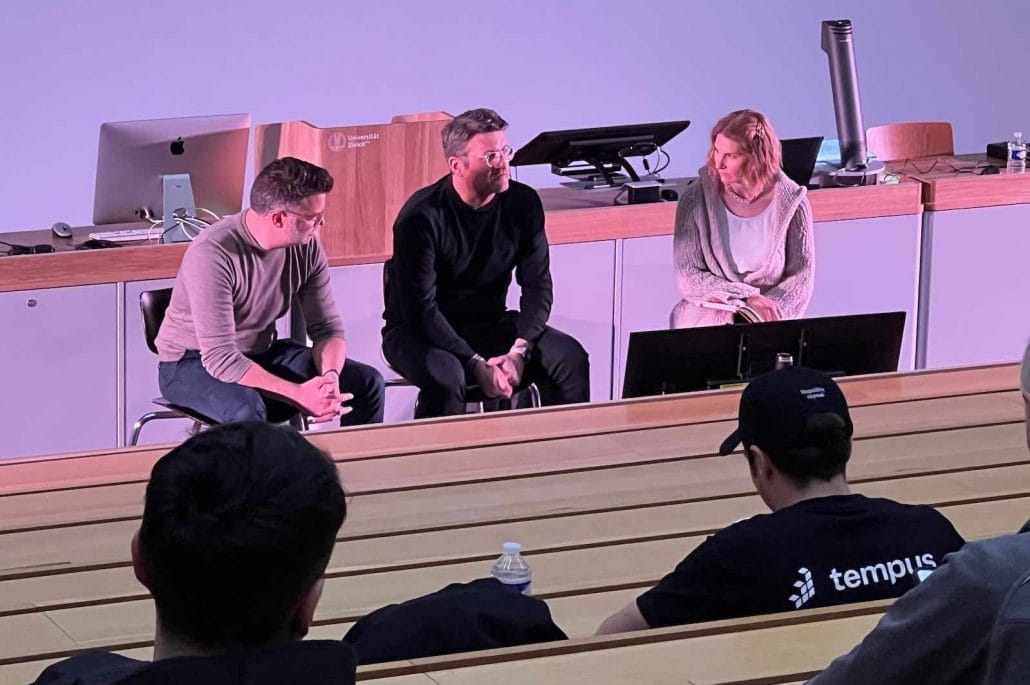Being a meetup and event organizer myself, I was really impressed by the quality of the organization, video live streaming and speakers of the Ethereum Zürich hackathon and conference at the UZH (University of Zürich) Blockchain Center. This weekend, from April 14 through 16, the Institute of Cryptoanarchy, Duct Tape Production and UZH Blockchain Center brought together the Ethereum community to the most crypto friendly country and the cradle of blockchain research. Zürich was one of the last European cities that hasn’t had a major Ethereum focused event despite its clear importance and the fact it’s a home to numerous blockchain and Ethereum startups.

Similar to the conference, the hackathon aimed to support the local crypto community, connect it with industry professionals and create new beneficial projects under the guidance of world-class judges, mentors and advisors. The hackathon had a capacity of approximately 100 hackers with the fields of interest mainly being from the following areas:
- Ethereum development
- Virtual machines and blockchain execution
- Zero-knowledge proofs
- Data availability and security
- Cryptography and academic research
The hackathon took place in an offline form in order to ensure the best possible networking and cooperation. Voting on the quality of individual projects was not only up to dedicated judges, but was also decided by the hackathon participants themselves through quadratic voting. The winner was Swapsies, a decentralized app to swap NFTs.
I attended various super interesting talks both on the Consensus and Execution stages, as well as in the Workshop room on Saturday:
- Account Abstraction: The Gateway to Web3
- DAO State & Tooling Analysis
- Leveraging DeSci and DeFi to Breach the Bastion of Traditional Finance
- DAOing it right: practical governance lessons for DAOs
- Self-Sovereign Identity
- The Swiss Web3 Ecosystem
- Lunarpunk Takeover: Why and How
All talks on the Consensus Stage were live streamed from the Ethereum Zürich website and are also being made available on YouTube:
Since I couldn’t attend personally on Sunday, I tuned in to the live stream listening to computer scientist and economist Luzius Meisser’s talk on Frankencoin, followed by a high profile Swiss Blockchain Community Panel which Luzius was also part of, together with Sheraz Ahmed and Alexander Brunner, moderated by Swiss NFT Association Vice President Victor Koetter.

The conference definitely reinforced my interest in DAOs (Decentralized Autonomous Organizations) and gave me some initial insights into zkEVM and zkSync, two different technologies that aim to solve scalability and privacy issues in Ethereum-based decentralized applications.
#DAOs will unleash unseen human productivity say @andypavia and @jozer_crypto @EthereumZurich. #EthereumZurich pic.twitter.com/butmFrQ48x
— Nick Weisser (@nickweisser) April 15, 2023
zkEVM
zkEVM is a layer-2 solution that uses zero-knowledge proofs to enable off-chain computation of Ethereum smart contracts. The idea behind zkEVM is to take the computation and storage of Ethereum smart contracts off the main Ethereum network and onto a sidechain, while maintaining the same level of security and trustlessness. zkEVM accomplishes this by using zero-knowledge proofs to enable validators on the sidechain to prove that the computation they performed is correct and consistent with the original smart contract. This allows for faster and cheaper transactions, as well as higher throughput, without sacrificing the security and decentralization of the main Ethereum network.
zkSync
zkSync, on the other hand, is a layer-2 scaling solution that uses a rollup design to achieve high scalability and low fees for Ethereum transactions. The basic idea of zkSync is to bundle multiple transactions into a single transaction on the main Ethereum network, thereby reducing the load on the main network and allowing for more transactions to be processed in a single block. zkSync uses zero-knowledge proofs to ensure the correctness and integrity of these bundled transactions, and also provides privacy features that allow users to keep their transactions private.
Zero fee transactions: #web3 applications can sponsor user's transaction fees by acting as a Paymaster. #zkEVM #zkSync #AccountAbstraction #EthereumZurich pic.twitter.com/pCjEYt60wX
— Nick Weisser (@nickweisser) April 15, 2023
This was already the second amazing event I attended in April and I’m very excited for all the upcoming Web3 events in Zürich and abroad. ETH Prague will take place from June 9 through 11, 2023. If you’re looking for more Web3 events in and around Zürich, checkout Trust Square’s and UZH Blockchain Center’s events calendars. The Swiss Web3 community is going strong and I’m really excited to be part of it.
